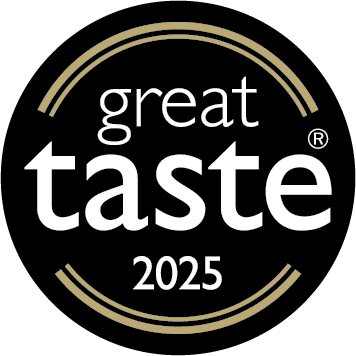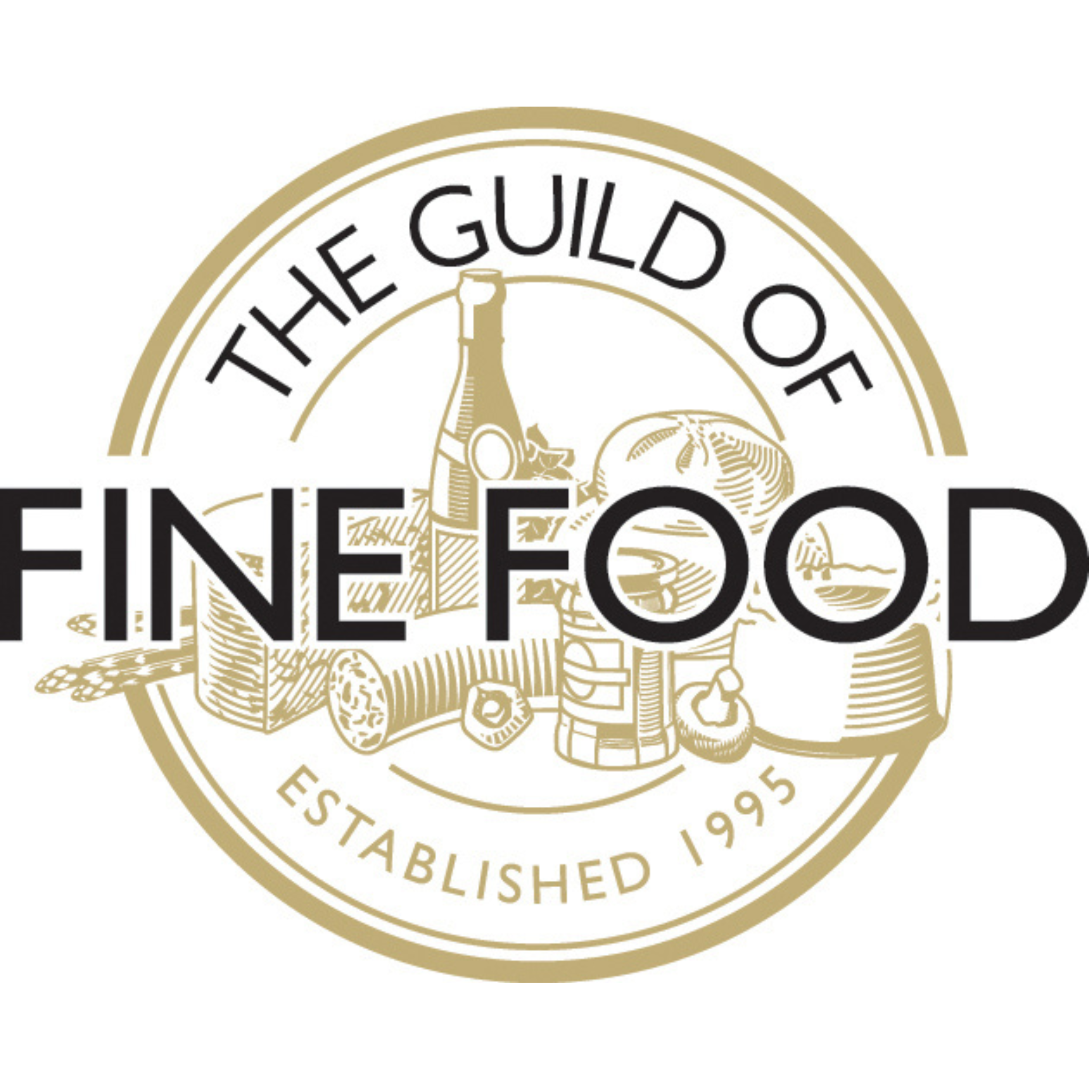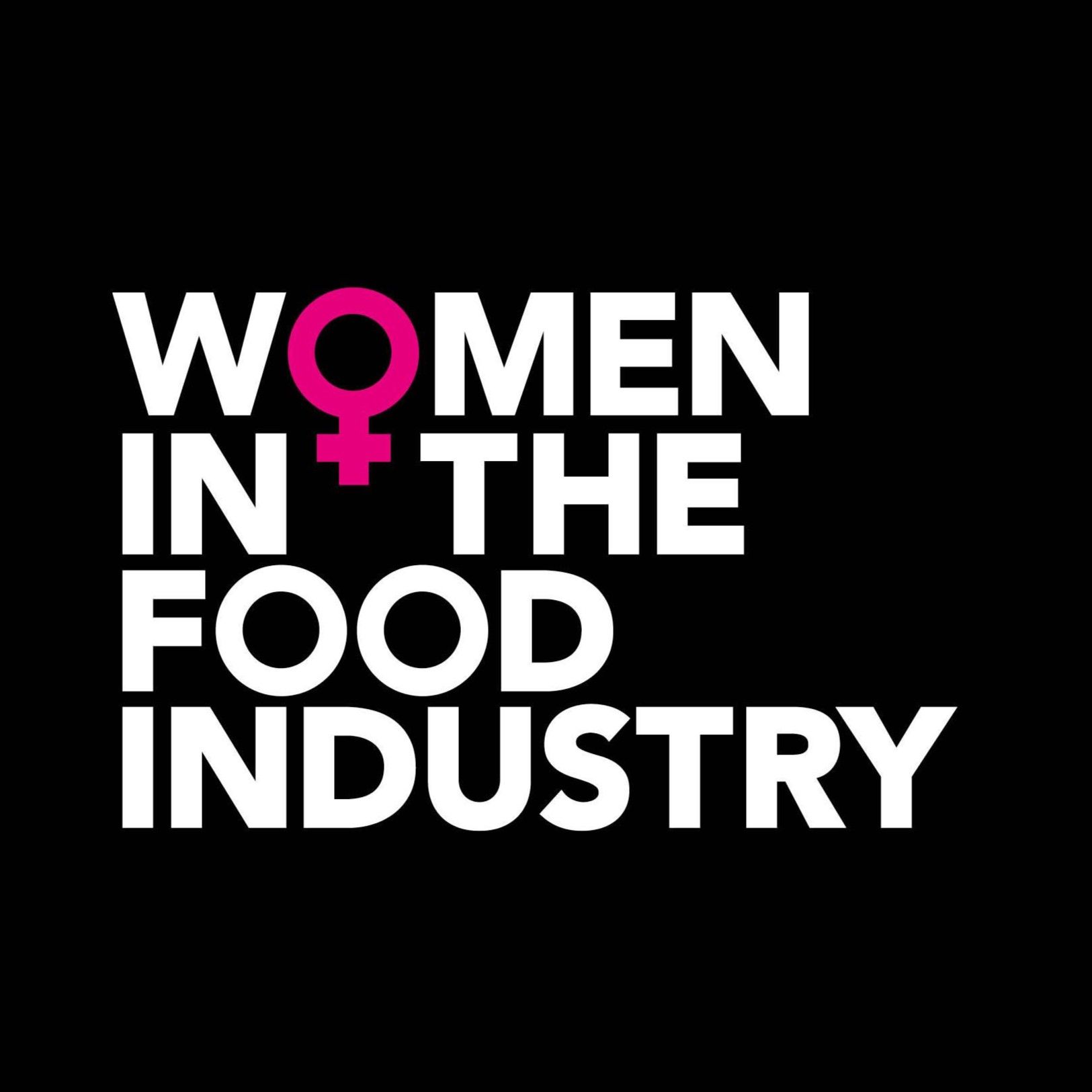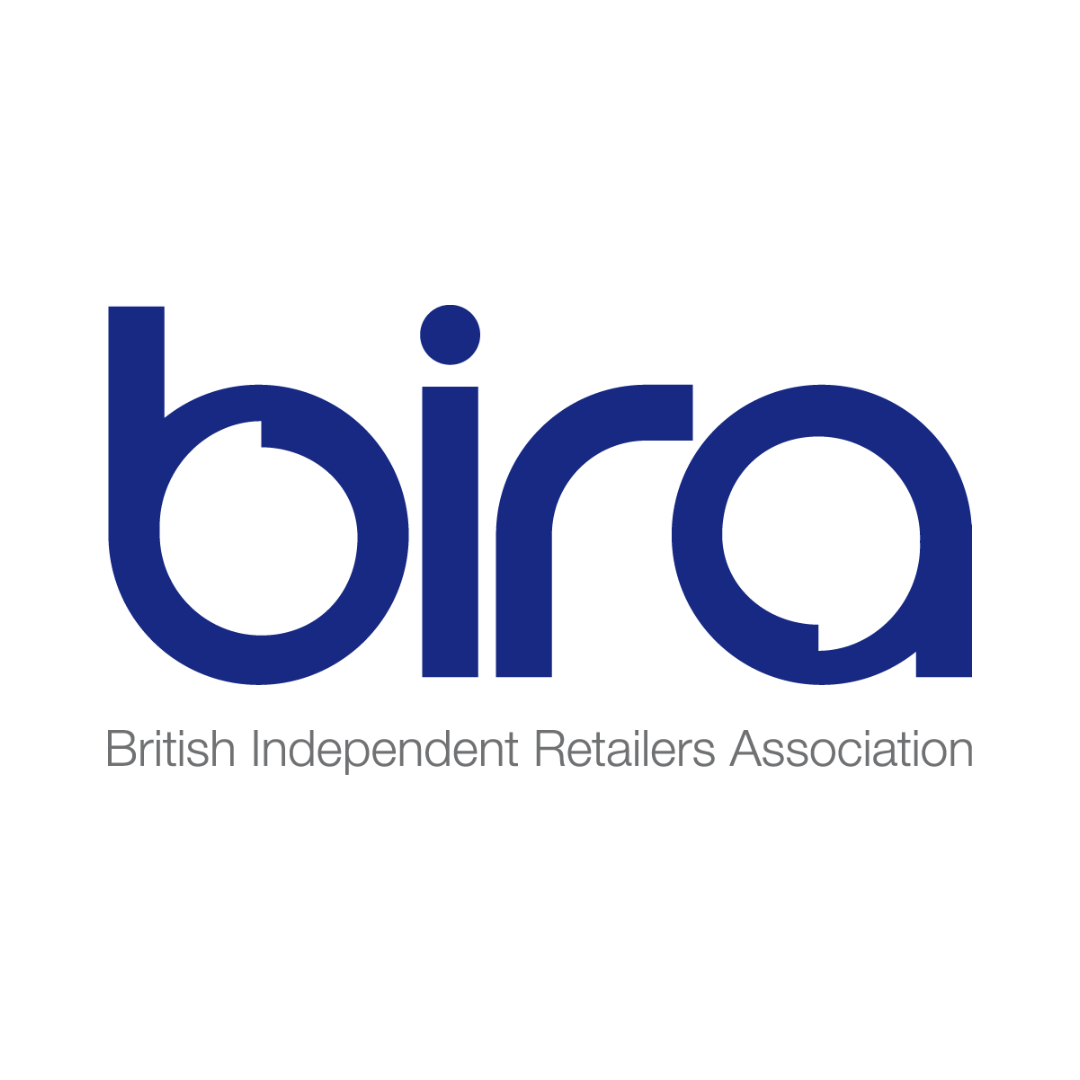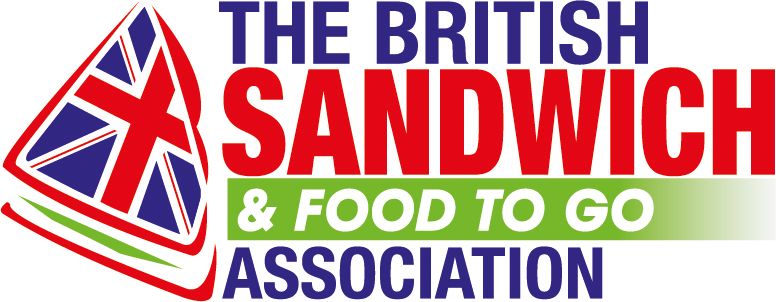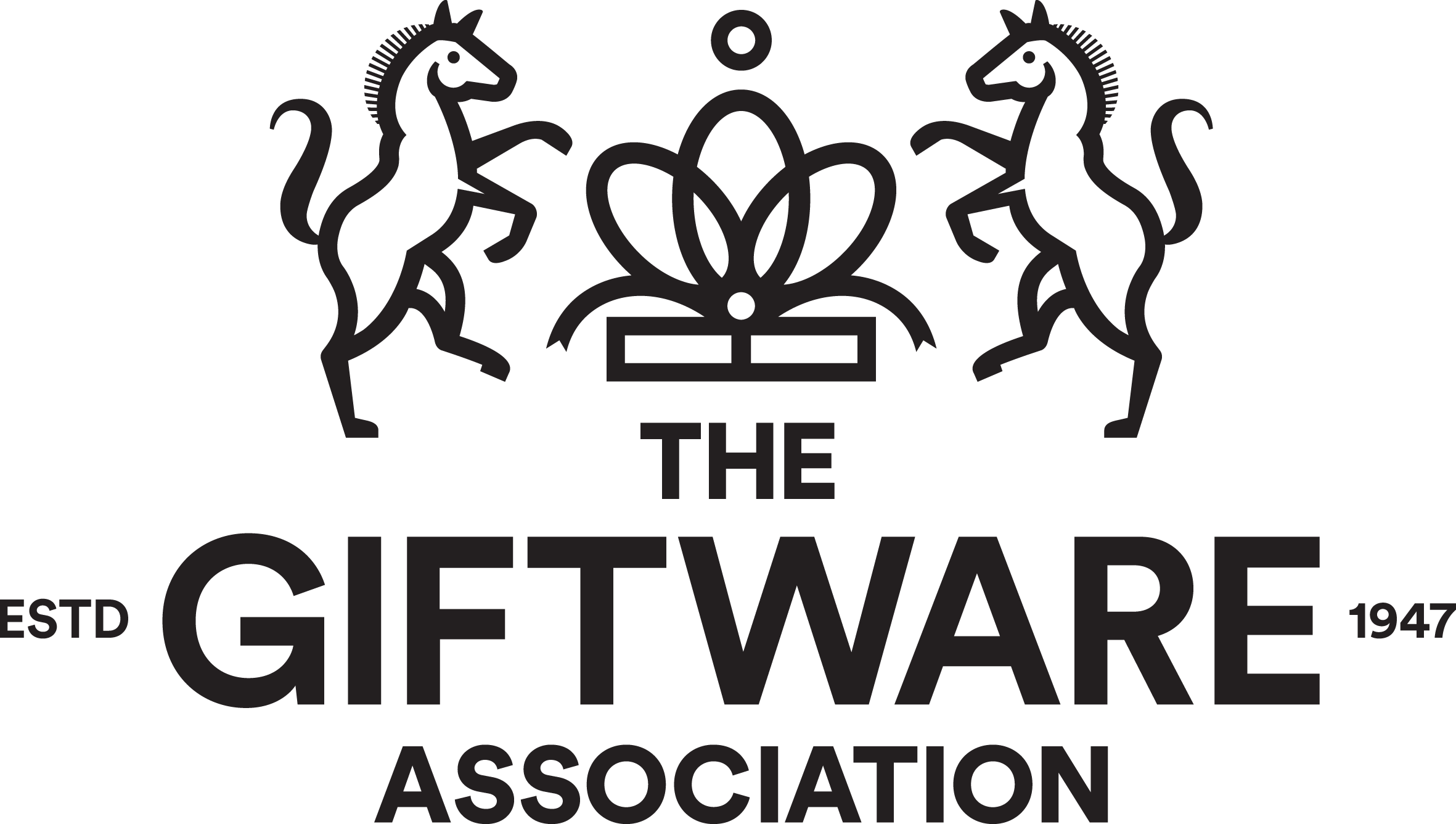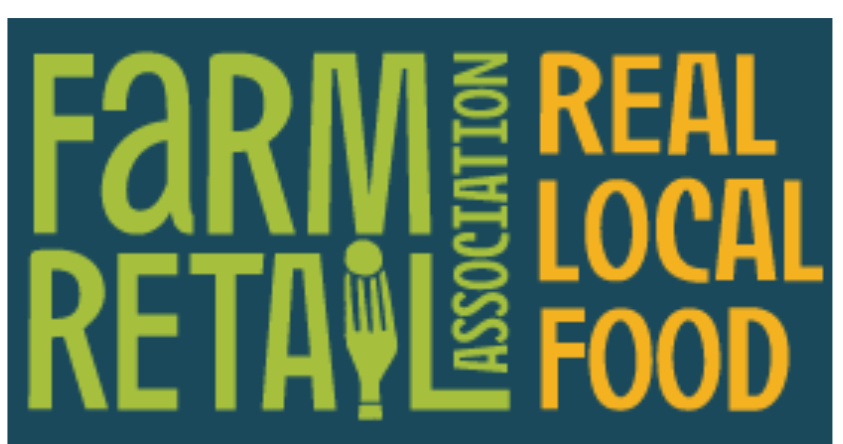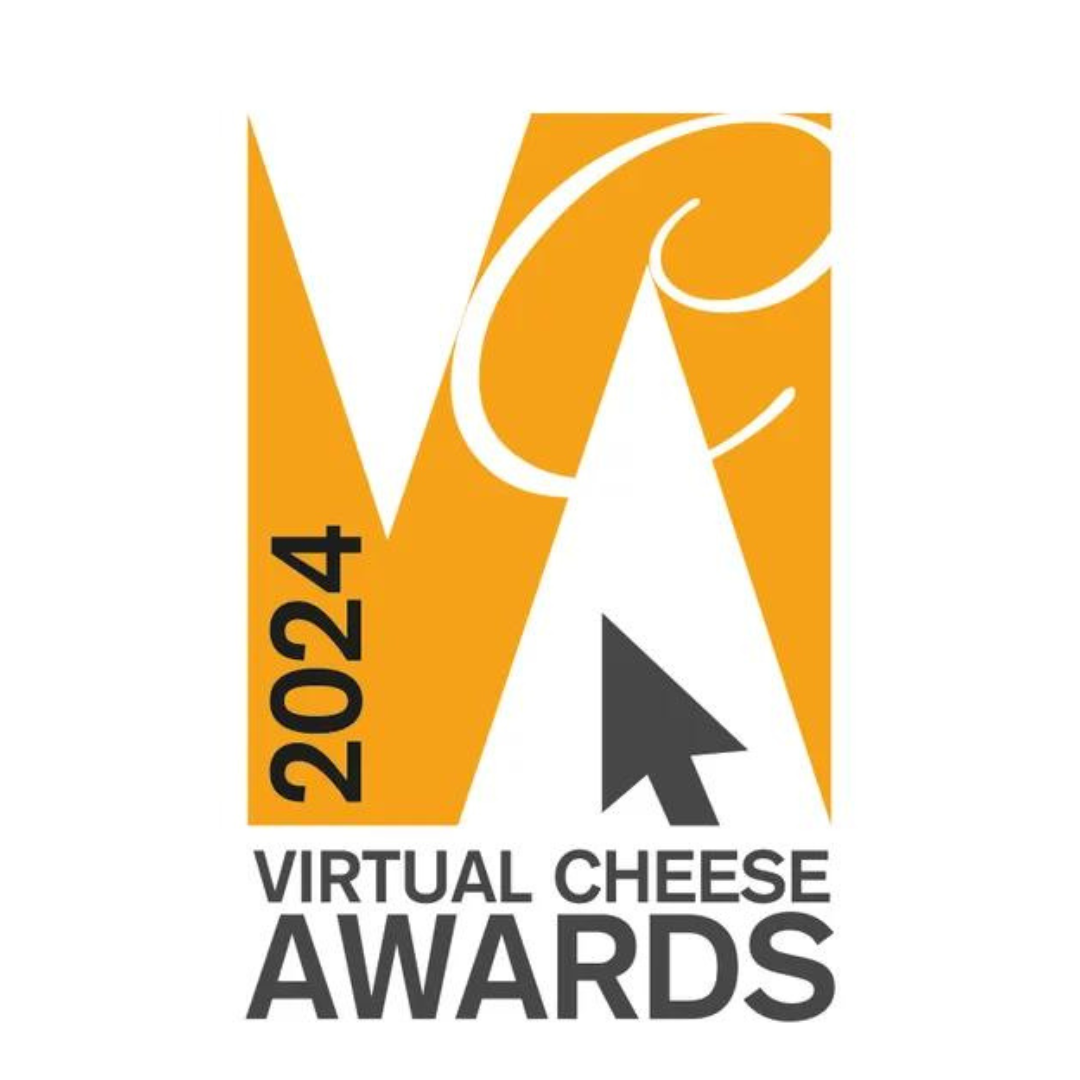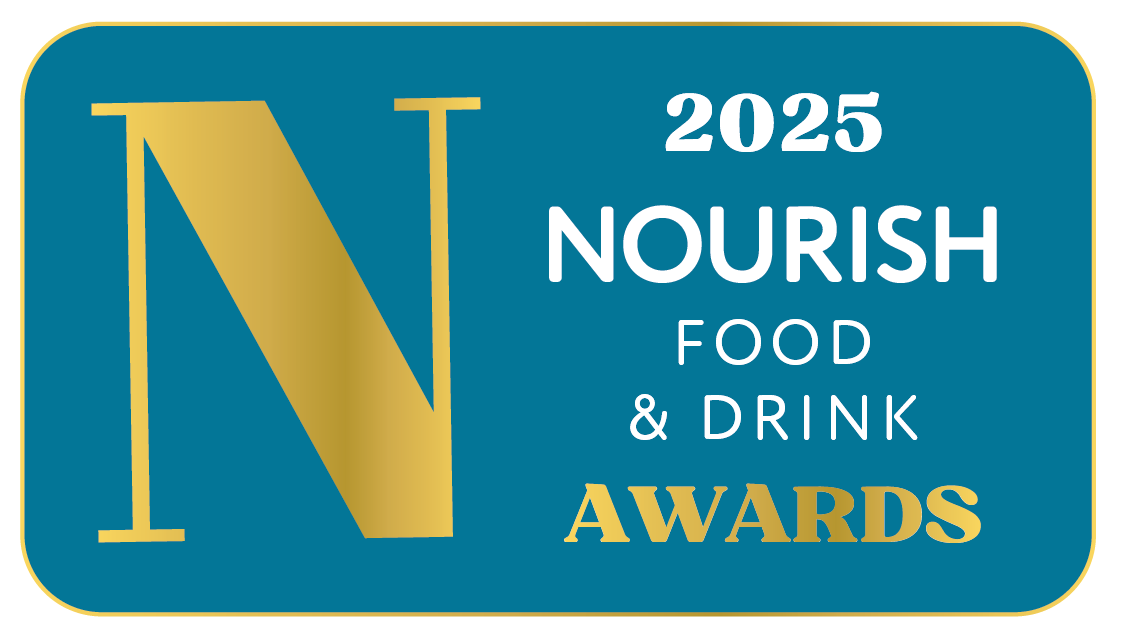Eat Wild's Leon Challis-Davies on promoting the UK's wild meat sector
)
Speciality & Fine Food Fair chats to Leon Challis-Davies, Culinary Director at Eat Wild, about the organisation's promotion of game and wild meat in the UK and some of the common misconceptions from consumers and industry professionals.
What does Eat Wild do? Tell us a bit about the history of the organisation
We are a Marketing and Development board for all things wild meat - very much like AHDB Agriculture and Horticulture development board - we look after the promotion of assurance schemes like Trusted game, Aim to Sustain assurance and BQWV - British Quality Wild Venison. We have been around for 6 years and our aim is to promote sustainable benefits to the wild meat sector.
What’s your career background and how did you join Eat Wild?
I am Chef and have been for 25 years and have worked and trained in some of the UK's most Iconic hotels and restaurants, from Ballynahinch Castle, Cliveden House to Isle of Eriska and Castle House, Hereford. Most of these hotels had high 3/4 rosette and Michelin status when I worked there, some incredibly talented chefs I have managed to work with. It hasn't really stopped there, I've managed to get myself to work at some incredible venues on the way to where I am today, Cable Bay Vineyard in New Zealand, British Quality of Life at JR Takashimaya in Nagoya Japan, Kowloon City Market in Hong Kong and big sporting event catering too like Football, Rugby, Cricket, Horse Racing Stadiums. I am very lucky to have chefs all over that trust the work I do and can call on me to help out. Very privileged and humbled by the experiences I've had.
What are some of the organisation’s goals?
We are here to get more people eating highly nutritious, lean, low fat, high protein and sustainable meat. We have brilliant British produce in the fact wild meat is here in the UK that is not imported, supports the British economy, supports 1000s of rural jobs and benefits our British countryside like no other.
What misconceptions are there about wild meat/game?
The most common misconception is that the taste of wild meat is too strong, and yes it is if you're eating 1 to 2 week old Pheasants and grouse that have been hung up. Gone are the days of hanging birds, as early as I can remember (1980s) we used to walk passed our local butcher and see birds like Pheasant, Mallard, Partridge and Grouse hanging outside, that used to basically be rotting meat, that was such a 'days of old' way of doing things, making the taste strong and pungent.
I know if they were left out in the open, yes it was cold and taken in the fridge at night but ultimately public conception has changed and their reality too, I do know of some butchers doing it now, brilliant good on them and I am positive they are doing all the right EHO standards, keeping them fresher than ever before. Things have changed so the taste has changed, "Fresh is best right?" a thing said in many kitchens I have worked in. For me pheasant and partridge are brilliant fresh, better than chicken. It has more to it and lower in fat and higher in protein. Win Win.
What are some of the benefits of using these meats?
Nutritional value of wild meat over conventional reared meat is insane, per 100g of meat Venison vs Beef & pheasant vs Chicken vs Turkey. - slide attached
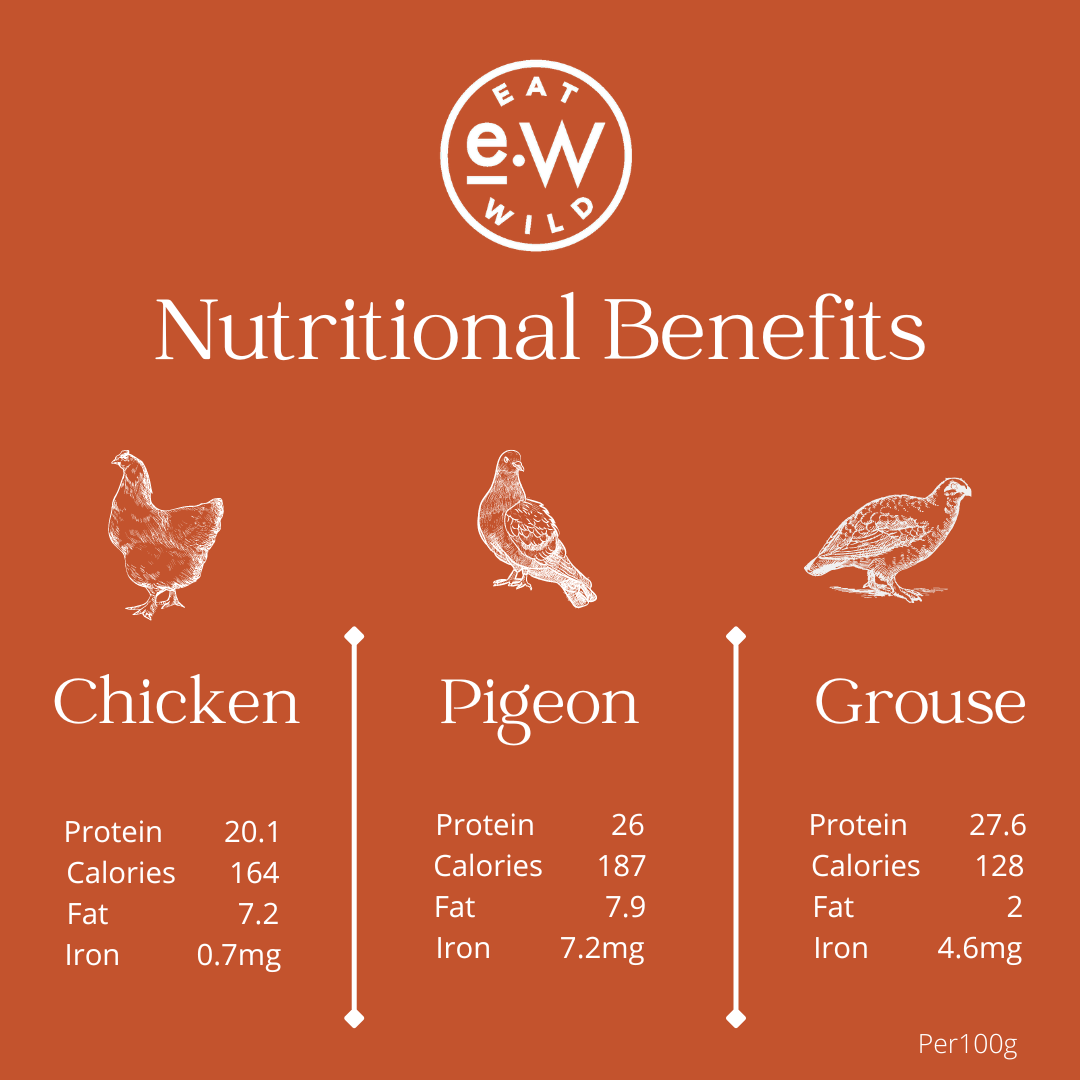
Why should independent retailers/delis stock more game?
Why because in so many ways we benefit the British Economy/Countryside/Rural Jobs/Ecosystems, our own heath and much more, if people want to find out more about the science and data behind it and us at Eat Wild I highly recommend, looking up - https://www.gwct.org.uk/ Game & Wildlife Conservation Trust at the work they do, is just so incredible and for us, follow us at LetsEatWild on IG and Back British Game and https://www.eatwild.co/.

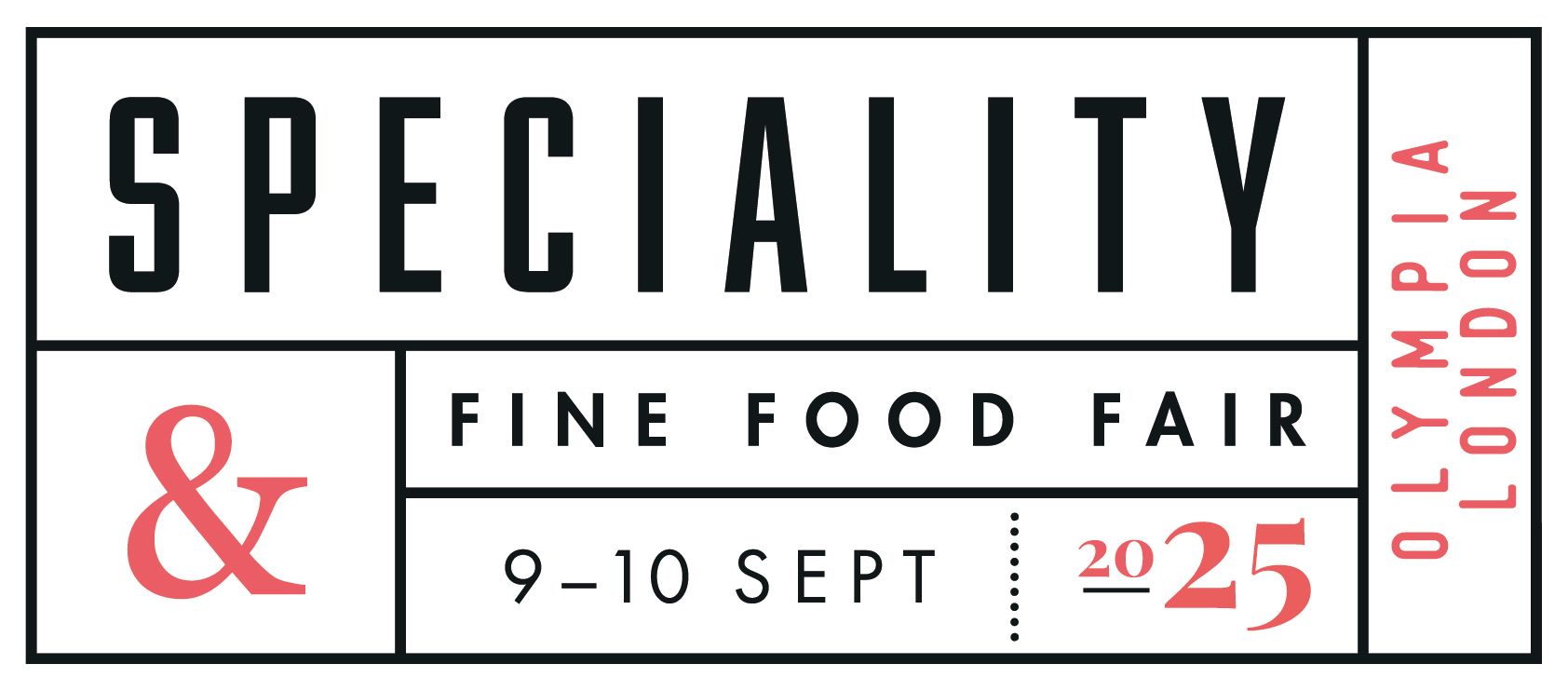

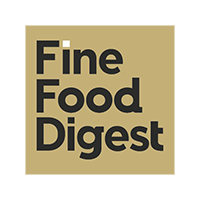
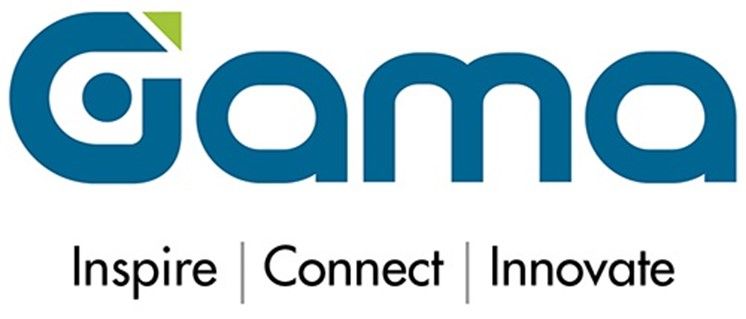
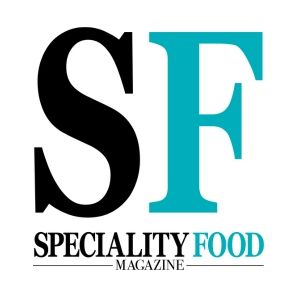
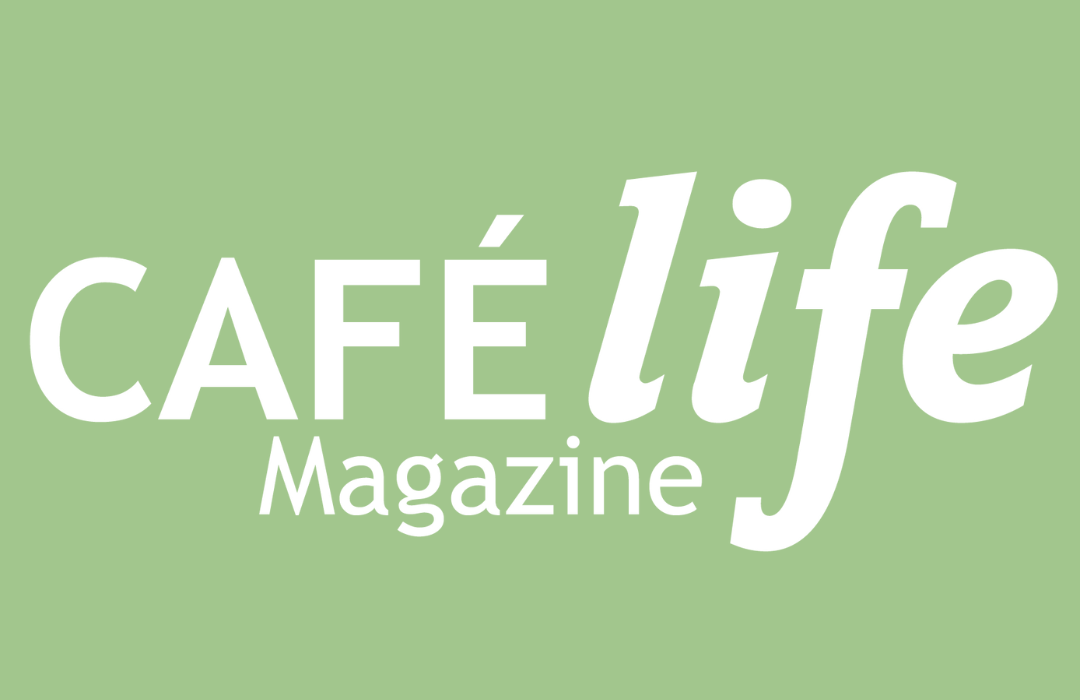

.png)
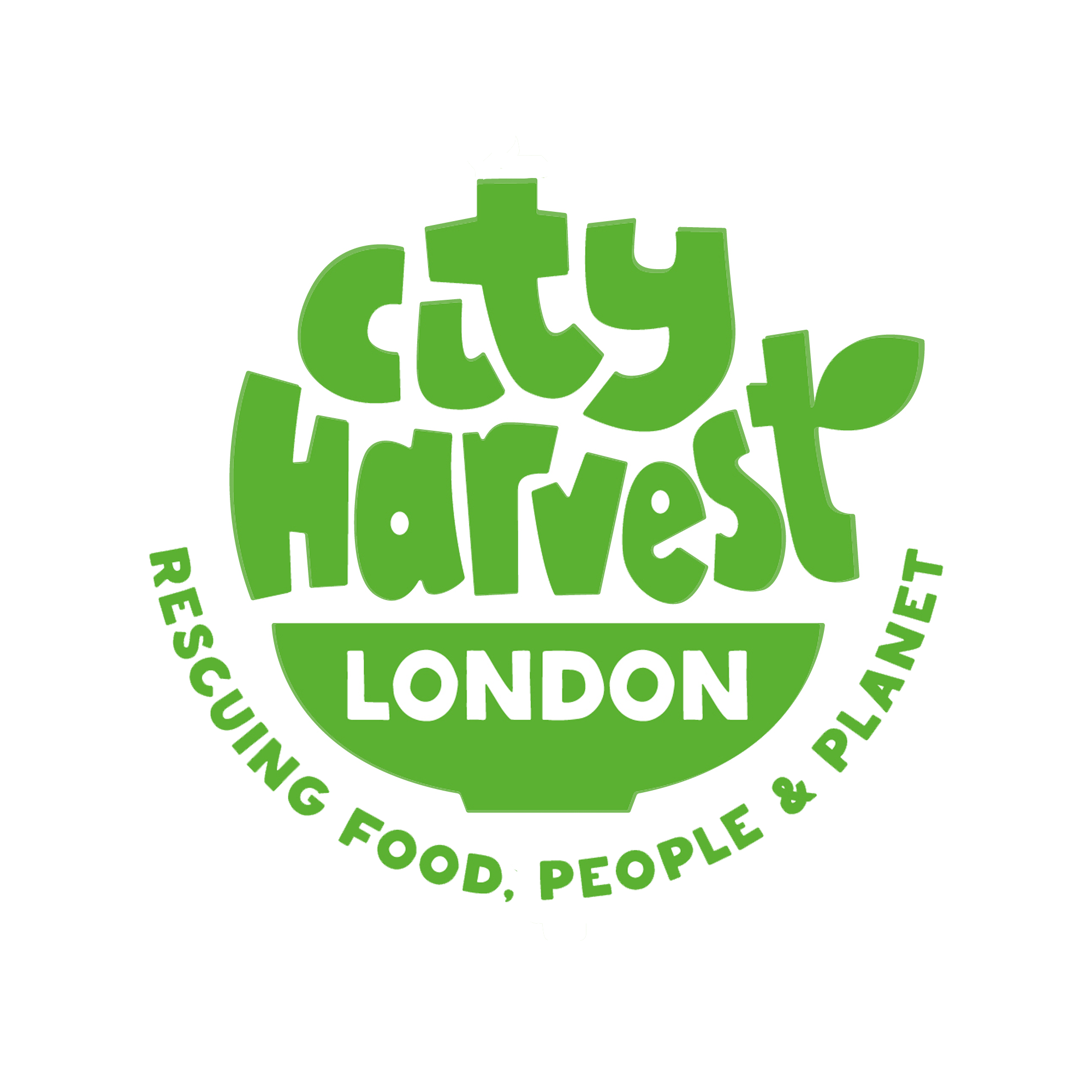


.png)
